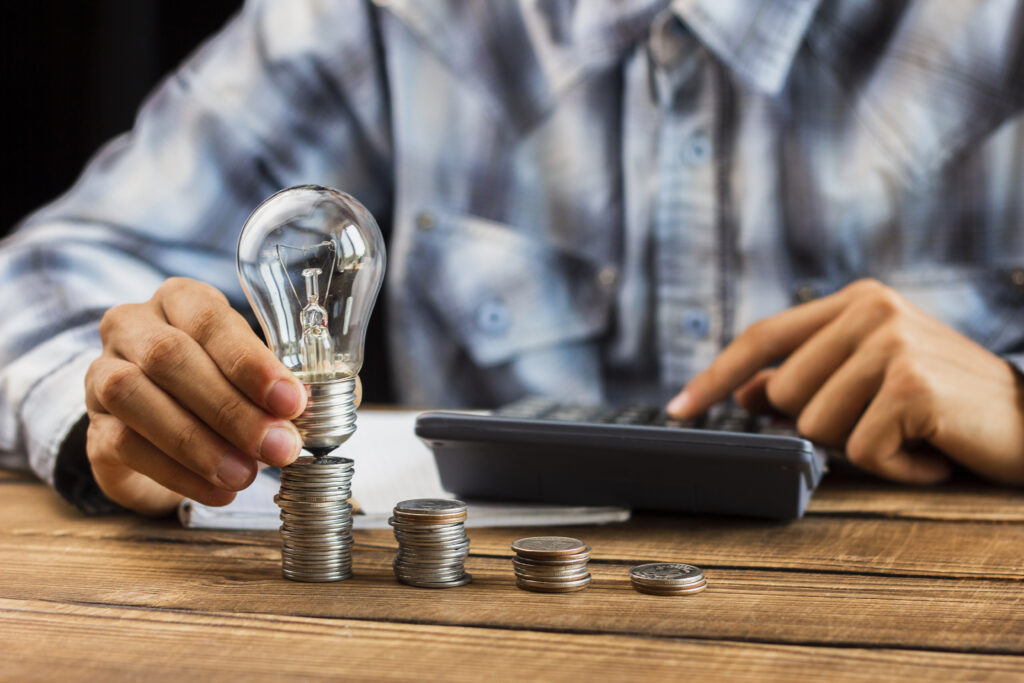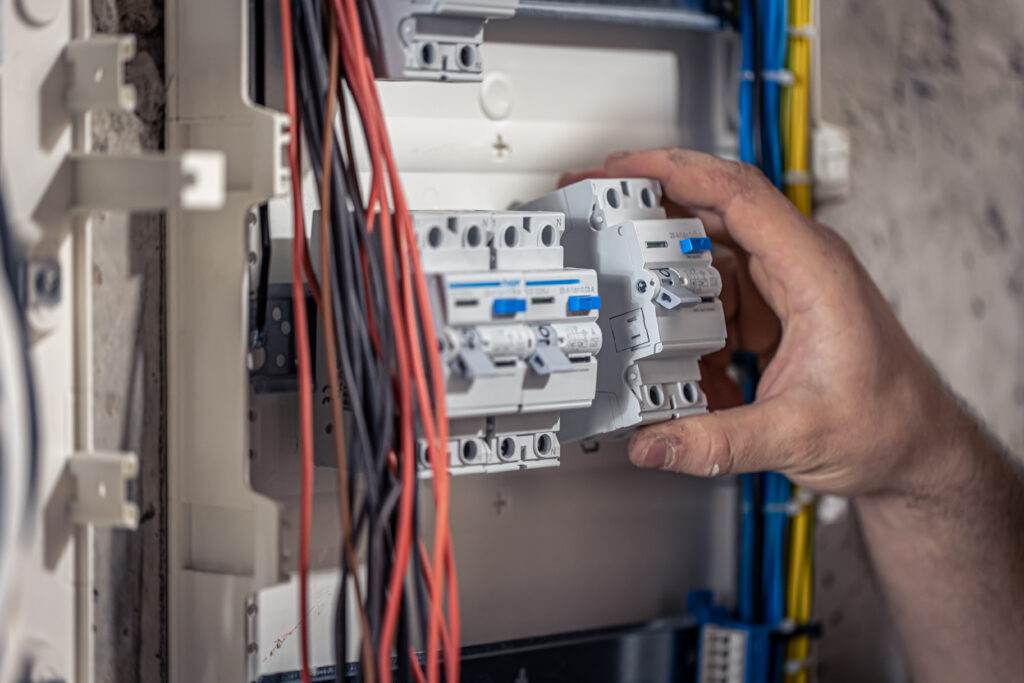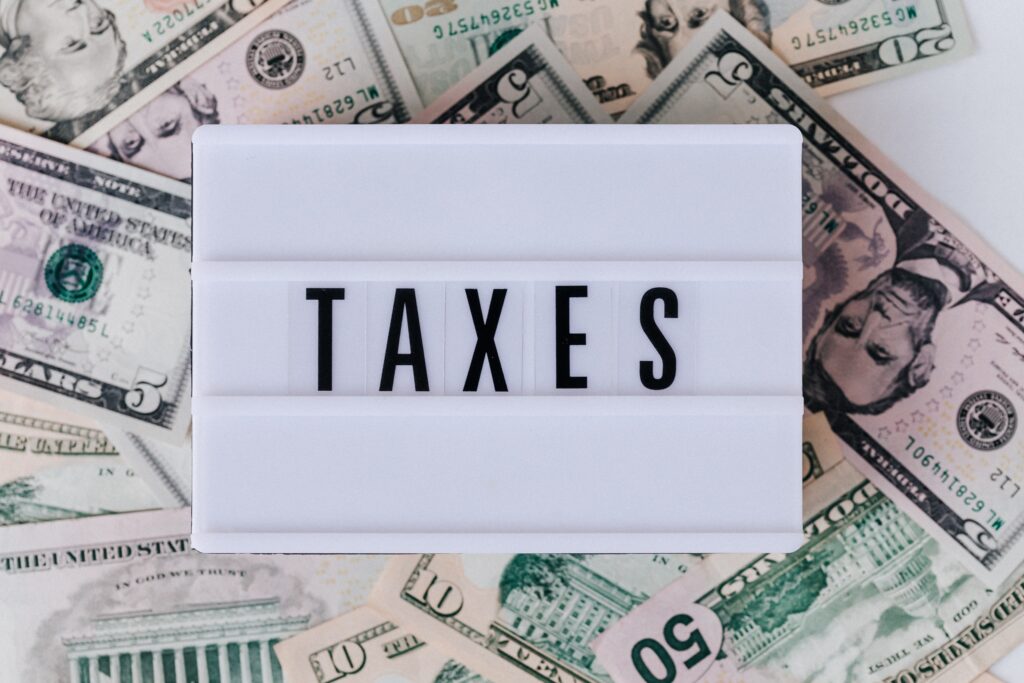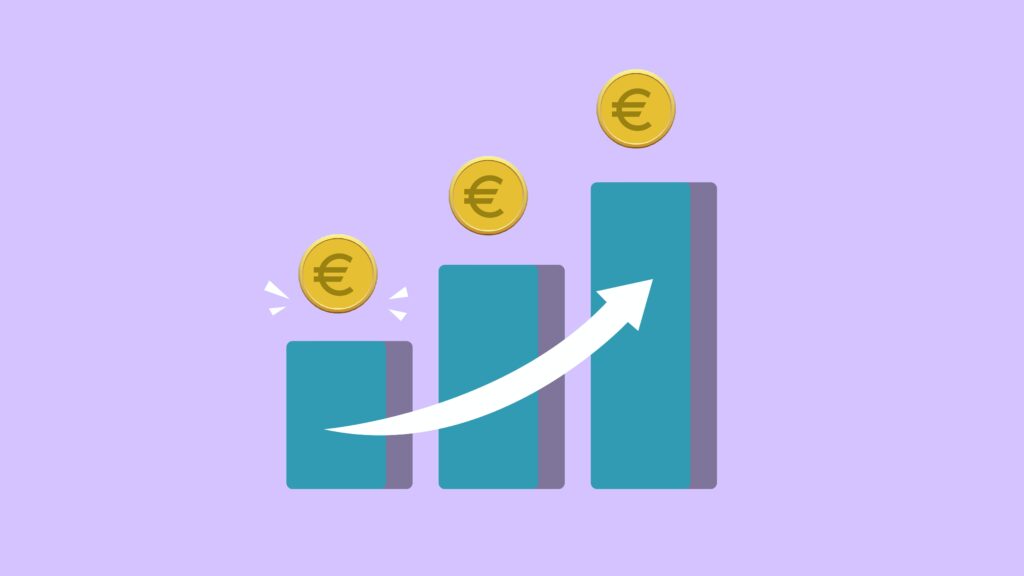
Table of Contents
Introduction
Solar energy has become a strong contender as the need for sustainable energy solutions throughout the world has increased. The subject of whether solar energy is expensive, though, is one that is frequently asked. We will explore the many facets of this issue in this extensive post, including the upfront expenses, continuing operating issues, environmental advantages, technical improvements, government incentives, and the significant long-term returns that solar energy offers.
1. Initial Investment and Long-Term Savings

The Up-Front Costs:
There is no denying that establishing a solar panel system requires a significant initial outlay. The price varies depending on the size of the system, the caliber of the panels, the difficulty of the installation, the location, and local laws. The initial cost includes not only the solar panels themselves but also the mounting hardware, wiring, expert installation personnel, and inverter.
Long-Term Value:
Although the initial outlay may seem significant, it’s important to think of this as a strategic long-term commitment. Solar panels have an amazing lifetime that frequently exceeds 25 years. Due to the durability, the initial investment can be repaid many times over by years of reduced use of conventional utilities. This feature of solar energy makes it a profitable long-term investment rather than just a one-time cost.
Economic study:
It is advisable to carry out a detailed economic study that takes the system’s lifetime return on investment (ROI) into account. When assessing the financial advantages of solar energy, it is important to consider elements like energy production, anticipated utility bill reductions, tax incentives, and prospective rebates.
2. Lowered Utility Bills
Utilizing the Sun:
One of the most alluring features of solar energy is its capacity to draw on the free and almost infinite supply of solar energy. You’ll notice a real decrease in your monthly power expenses once your solar panels are operating. Your power costs will drop as more sunshine is turned into energy, which will result in long-term financial benefits.
Solar energy also provides a certain level of energy independence. You may reduce your reliance on outside energy sources, such as fossil fuels, by creating your own power. This not only lowers utility costs but also acts as a buffer against the erratic energy markets, which are influenced by geopolitical unrest and cyclical economic conditions.
Efficiency improvements:
Over time, technical developments have produced solar panels that are more and more effective. With the same surface area, these more recent panels can produce more power, resulting in greater energy production. There is the potential for even larger electricity bill reductions if solar panel efficiency keeps rising.
3. Net Metering and Excess Energy

Understanding Net Metering:
Net metering is a system that enables you to transfer extra power generated by your solar panels back to the grid. It is available in many countries. You accrue credits for the excess energy during periods when your solar panels are producing more electricity than you are using. Then, at times of high energy demand or poor solar production, these credits may be utilised.
Net metering is a vital component that helps solar energy’s economic advantages be maximized. It not only lowers your total energy costs but also helps to stabilize the electricity system during times of high demand.
Batteries for Energy Storage:
Some solar energy systems come with batteries for energy storage. With the help of these batteries, you may store any extra energy generated during the hours of greatest sunshine and use it later. Solar energy becomes even more appealing when you have battery storage since it increases your energy independence and offers a dependable backup during power outages.
4. Tax Incentives and Rebates

Government Support for Solar Energy:
Governments from all over the world understand how crucial it is to switch to renewable energy sources. As a result, several governments offer grants, tax breaks, and rebates to promote the use of solar power. With the help of these financial incentives, solar energy will become more affordable for a wider variety of people and organizations by offsetting the upfront installation expenses.
Environmental Factors:
Government solar energy subsidies go beyond merely financial ones. Governments want to lower carbon emissions, prevent climate change, and enhance overall environmental sustainability through boosting the use of solar electricity.
Maintaining Knowledge:
It’s essential to maintain knowledge of the various programs in your area if you want to fully benefit from these incentives. Maintaining up-to-date status ensures that you make the most of the financial assistance offered by the government because rules and incentives may change over time.
5. Increased Property Value

Homes with solar panel systems are becoming more and more appealing on the real estate market, especially to purchasers who are concerned about the environment. These purchasers are aware of the long-term financial advantages of lower utility costs as well as the advantages to the environment. Studies repeatedly demonstrate that homes with solar panels tend to fetch higher market prices and spend less time on the housing market.
Energy Efficiency Certifications:
In some areas, installing solar energy systems may result in the property receiving an energy efficiency certification. These certificates demonstrate that the home satisfies strict energy efficiency requirements, adding to its allure to potential purchasers.
Marketing Solar Benefits:
It’s important to emphasize the long-term financial savings, energy efficiency, and favorable environmental effect when offering a solar-equipped home for sale. These amenities might result in a speedier sale at a better price and considerably boost the property’s attractiveness.
6. Protection Against Rising Energy Costs
Protecting Against Inflation:
Because of inflation and other economic variables, energy prices frequently increase over time. By putting money into solar energy, you build a defense against these rising costs. Your home or company’s budget will be less affected by fluctuating energy prices thanks to solar panels, which provide power at a predictable cost.
Contributing to Energy Security:
As more homes and businesses switch to solar energy, there is a decline in the total reliance on fossil fuels. This decrease in reliance on outside energy sources makes the energy environment more stable and improves overall energy security.
Conclusion
In conclusion, there are many facets and a complicated answer to the question “Is solar energy expensive?” We must take into account the initial outlay, continuous operating savings, environmental advantages, technical developments, government incentives, higher property value, and the protection it provides against growing energy bills in order to completely understand its worth. Solar energy is an investment in a sustainable and promising future, not merely a financial one.
We understand that solar energy’s genuine worth goes much beyond the original installation by looking at it from a holistic angle. It turns into a tactical move that not only yields large financial gains over decades but also helps create a cleaner environment, more energy security, and a more stable energy environment. When thinking about solar energy, it’s important to realize that its advantages are long-lasting, making it a sustainable and sensible financial choice in the long term. Accepting solar energy is a smart investment for the future, not just a decision for today.
FAQ
1. Exactly what is solar energy and how does it operate?
Solar energy is the sun’s radiant heat and light, which may be captured and turned into useful power. This is achieved using solar panels, also known as photovoltaic cells, which contain semiconductor materials. When sunlight hits these cells, it generates an electric current, which is then converted from direct current (DC) to alternating current (AC) by an inverter. AC electricity can be used to power homes, businesses, and other applications.
2. Is Solar Energy Environmentally Friendly?
Yes, solar energy is environmentally friendly. Unlike traditional fossil fuels, solar energy does not produce greenhouse gas emissions or contribute to air pollution during its operation. By utilizing solar power, we reduce our carbon footprint, helping combat climate change and decrease our reliance on non-renewable resources. Solar energy is a crucial component of a cleaner and more sustainable energy landscape.
3. What Are the Financial Benefits of Installing Solar Panels?
The installation of solar panels offers several financial benefits. First, it can significantly reduce your monthly electricity bills, especially in areas with high energy costs. Through net metering, excess energy generated by your solar panels can be fed back into the grid, potentially earning you credits. Additionally, solar panels can increase the value of your property, making it a wise investment for homeowners.
4. How Long Do Solar Panels Last, and How Do You Maintain Them?
High-quality solar panels are designed to last for 25 years or more. They don’t have any moving components, thus maintenance is minimal. Proper installation is essential for their longevity. Maintenance is relatively straightforward, primarily involving occasional cleaning to remove dirt, leaves, or other debris that may accumulate on the surface. Regular professional inspections are recommended to ensure the system is operating at its best.
5. Can Solar Panels Provide Power During a Power Outage?
In standard grid-tied solar systems, when a power outage occurs, the system will automatically shut down to prevent sending electricity back to the grid, ensuring the safety of utility workers. However, you have the option to install a solar energy system with battery storage. These systems can store excess energy generated during the day, allowing you to use it during the night or during power outages. This setup provides a reliable backup power source.

